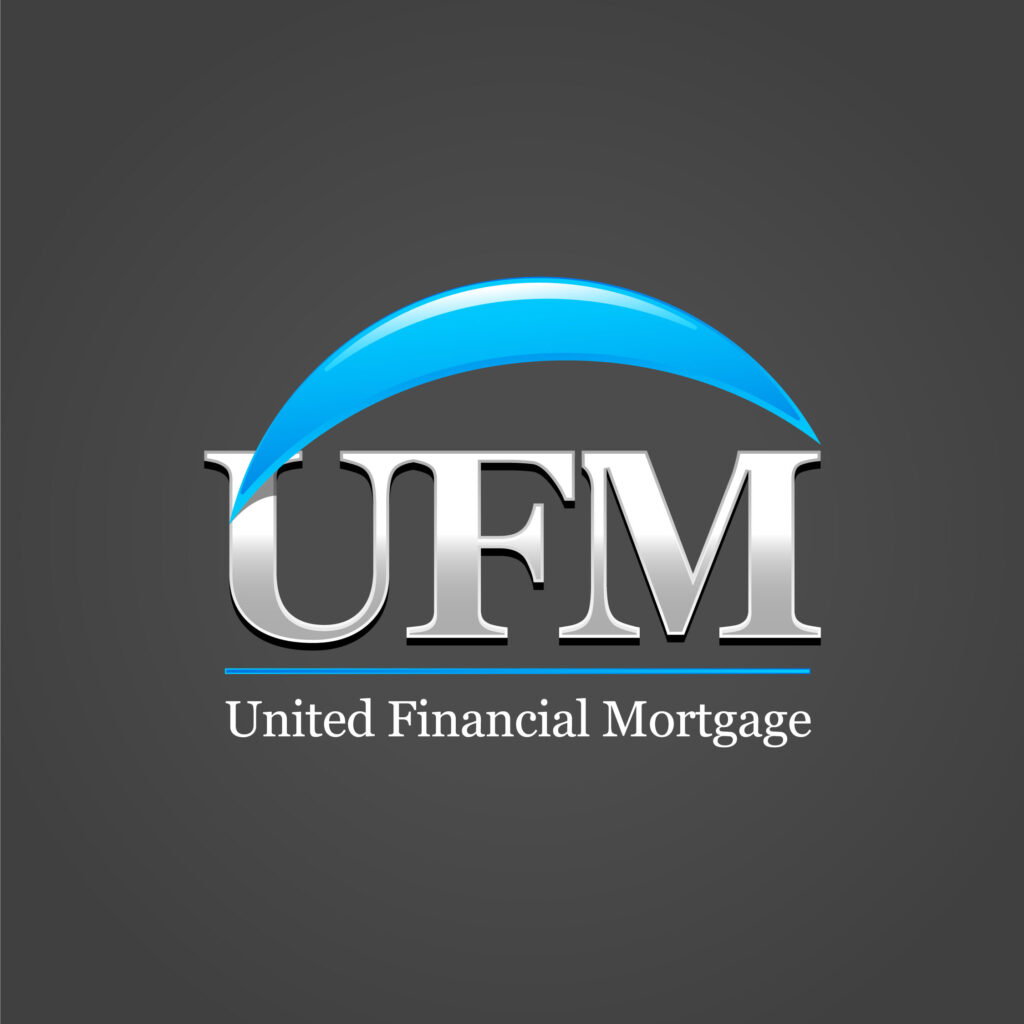Getting pre-qualified for a mortgage will entail looking at four things:
1. Your credit score. We can pull a soft-pull credit report that won’t affect your credit score to know your credit score.
2. Your credit history. This will be what determines your credit score. We will be able to views this on your soft-pull credit report. It will show what credit accounts you have, if you made payments, on time, and if you have any judgments, collections, bankruptcies, foreclosures, etc.
3. Your debt-to-income (DTI) ratio. We’ll gather some minimal income/employment docs from you to estimate your income, then we’ll compare that to the amount of monthly payment amounts show on your credit report plus the monthly mortgage payment. The equation looks like this: Monthly debts divided by monthly income (pre-tax). A DTI ratio of 45% will work for most programs, but can sometimes go higher. For example: FHA can go up to 56.99% in some cases.
4. Finally, we’ll look at the down payment amount required and verify you have assets in the amount required to make the down payment. Granted, this is only required when doing a purchase loan. Not a refinance. Although, for both loans, you will need some funds for closing costs.
That’s perfectly fine. You don’t have to have a 20% down payment to purchase a house. At United Financial Mortgage, we have 0% down payment loans for Conventional, FHA, VA, and USDA loans. We also have low down payment loan programs ranging from 3% to 3.5% to 5%. We have many programs with low to no down payments to help fit your needs.
It’s usually a good practice to refinance your loan when you can lower your current interest rate by 1%. If you can lower your interest rate by 2%, then that is definitely a good time to refinance. This will lower your monthly payment and the amount of interest you pay over time.
There are also other benefits to refinancing such as removing private mortgage insurance or shortening the loan term. Other reasons may be because you want to switch from an adjustable interest rate to a fixed interest rate. Or maybe you want to take cash out of your home using equity. That’s called a cash-out refinance.
Several factors will determine what interest rate you can get, but probably the most important is your credit score. Credit scores range from 300 to 850, and if you have a 740 score or above, you’ll likely get the best interest rate available.
Other terms that determine the interest rate are what loan type you have (fixed rate or adjustable rate) and what loan program you are using (Conventional, FHA, VA, or USDA). Some other factors are the loan amount compared to the home value, also known as the loan-to-value (LTV), your debt-to-income ratio, the loan term, how much you’re putting down as a down payment, and a few other factors.
But don’t be overwhelmed, our loan officers can help you find the best interest rate based on your specific needs.
Interest rate points or “discount points” or “points” are fees paid directly to the lender at closing in exchange for a reduced interest rate.
Each point costs 1% of the loan amount and oftentimes lowers the interest rate .25% for each point purchased.
Buying points to decrease the interest rate is often a good strategy when you know you’re going to have the mortgage for several years. That way the interest savings over time add up to be more than the cost you paid for the discount points?
